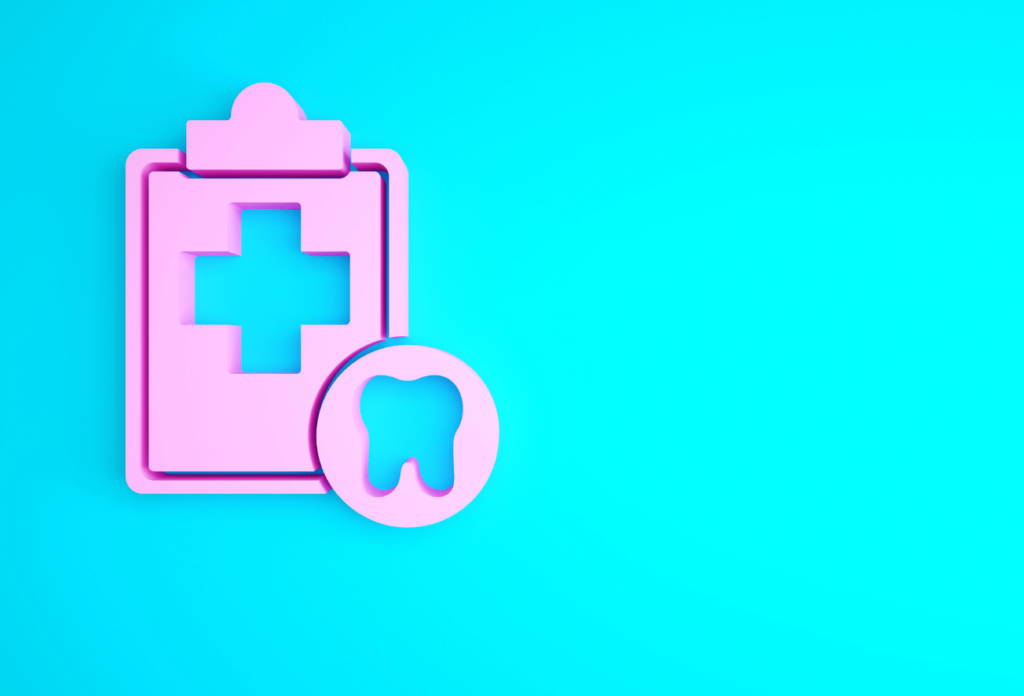
Home health services have traditionally been narrow and costly. Payors and the industry were not keen to pay for or invest in it. Then the pandemic hit, and suddenly, everyone realized the value of home health. With a fast acceleration and adoption, which is unlikely to cool post-COVID, it puts operators in a new position of having many more patient records. This strain on applications indicates the need for home health data archiving solutions.
The Perspective on Home Health Is Changing
In November of 2020, a survey of health plan executives revealed 97% believe more care at home is better for organizations and patients. They realize that the model works since the pandemic forced adoption. It also seems to be reducing the total cost of care, a critical metric for payers.
Federal and state regulators are also warming up to the broader use of home health. CMS issued a hospital-at-home waiver in late 2020. It granted hospitals “unprecedented” flexibility in the delivery of care at home.
Additionally, the home health benefit under Medicare, which has been very rigid, is evolving. The value of these services is more visible, and they provide versatility.
An Aging Population Keeps Home Health Growing
As the population ages, the need for home health will expand. Currently, around 25% of home health patients are over 85. However, only 10.9% of Medicare members are over that age. With the Medicare population growing older and living longer, the demand for home health will only swell. The consequence for home health providers is a tsunami of patient data.
Home Health Data Archiving Delivers Solutions
Home health data archiving is a strategic solution for providers. It removes older files from your applications while still providing access. Such a system also meets medical record retention mandates and HIPAA compliance standards.
A web-based system also means your clinicians can log into it from anywhere. This functionality could be useful during visits to look up patient history. If you currently still have a legacy system holding old files, an archiving platform eliminates the need for it. You can officially retire it and reduce costs associated with keeping it up.
Explore Home Health Data Archiving with InfoWerks
We’re leaders in healthcare record archiving. Our simple, intuitive application, ViewMaster, offers lots of features at an affordable price. See how it works today by requesting a demo.

